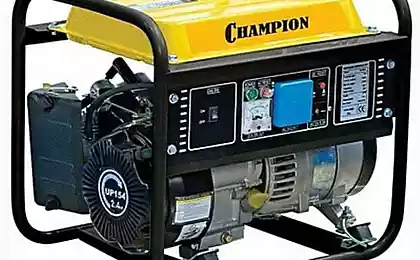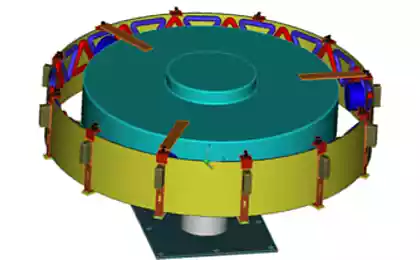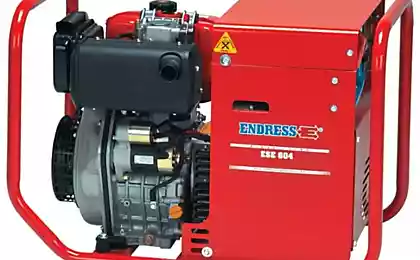649
Gasoline and diesel generators - which one to choose, what are the advantages and disadvantages?

Before buying a generator, the future user should not only correctly calculate the power of the future unit, but also make the right choice between all modifications. Gasoline and diesel generators are popular choices for backup power. Both types of stations have their advantages and disadvantages. In this article, we will look at the main aspects to consider when choosing between them.
Advantages of gasoline generators
- Cost: These units typically have a lower initial cost compared to diesel units. This makes them an attractive choice for home users and small businesses. In particular, if you are the owner of a small house or cottage where planned or emergency power outages regularly occur, then it makes no sense to overpay for a more expensive diesel station.
- Ease of Starting: They are indeed easier to start, especially at low temperatures. Diesel engines may require preheating, which slows down the starting process. Simply put, in conditions of living in a climate with severe winters, when starting the latter, problems may arise, the solution of which is to store equipment in a separate room with a stable temperature regime. This complicates its use and is not suitable for everyone.
- Quiet Operation: Before you buy a generator, it is important to know that gas-powered ones tend to be quieter, which can be an important consideration, especially in residential areas. This applies not only to the private sector, but also to business owners who are located directly next to residential premises. Loud sound can disturb residents and cause complaints
- Ease of Maintenance: Gasoline generators are usually easier to maintain as they have fewer lubricants and are simpler in design. The user does not require any special knowledge or tools - it is enough to change the oil in time and follow the operating rules
Disadvantages of gasoline power plants
- High fuel consumption: Units have higher fuel consumption compared to diesel, which can lead to higher operating costs. This is especially true given the high cost of fuel.
- Less reliable: Compared to diesel engines, they may have a shorter service life and less reliability, especially during long and intensive operation. However, if you follow all the rules, then the device will serve you for a long time. The main thing is not to turn it on for longer than 5-6 hours, after this period, allow time to cool down and only then start it again. Do not use in the rain without shelter, etc.
- More exhaust gases: Gasoline generators (https://vinur.com.ua/products/gasoline-generators) produce more exhaust gases, which can be harmful to the environment and human health. There are certain rules for use and you need to install the device as far as possible from crowds
Advantages of diesel generators
- Greater Reliability: If you want to buy a generator that has more reliability and durability, then diesel is the best choice - they are an ideal choice for industrial use or for those who need a reliable and long-term solution for a large home
- Efficiency: DGs have lower fuel consumption compared to BGs. This can save money on fuel in the long run.
- High Torque: Diesel engines provide more torque at low RPM, which can be an important benefit for some applications.
Disadvantages of diesel generators
- High cost: Units typically have a higher initial cost than gasoline units due to many factors including higher reliability, power, quality, etc.
- Larger weight and dimensions: They are usually heavier and bulkier, which can make them more difficult to transport and install. However, if the purpose of their use is to provide energy for industrial facilities, hospitals, schools, etc., then this is not a problem, because. regular transportation in this case is not needed
- Noisy: Machinery tends to run louder than gasoline, which can cause problems with neighbors or disturb the peace of the area.
Conclusion
Choosing which generator to buy largely depends on your needs and budget. Gasoline generators are well suited for home users and small businesses that need a quiet and affordable source of backup power.
Diesel engines are preferable for industrial plants or those who need a reliable and long-term solution with less fuel consumption.
Considering the advantages and disadvantages of each type of device, you should carefully consider your needs and estimate your budget in order to make the right choice.
Maxim Galkin conducted an excursion into the past and shared with fans photos from the family archive
How Countess Maria Kapnist found strength and after all the trials made a career in film























